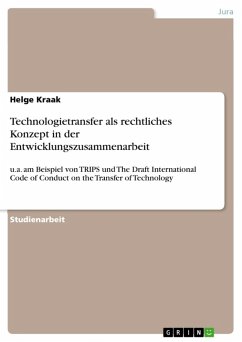Scientific Essay from the year 2015 in the subject Law - Comparative Legal Systems, Comparative Law, , language: English, abstract: Aging societies and advances in medicine make it likely that biomedical issues will pose legal challenges. While biolaw can provide some regulation, important life and death decisions have to be taken by patients and physicians. Often, though, patients are no longer capable of making such decisions. In 2009, Germany formalized the private law rules on advance directives. While advance directives, also referred to as living wills, are still widely associated with wishes for euthanasia, they function today goes far beyond that. In terms of criminal law, Germany still outlaws active euthanasia. In so far it differs from the Netherlands, Belgium, Luxembourg and Switzerland. Given that there has been a noticeable shift of emphasis from human dignity and the right to life to personal autonomy as a function of human dignity and in light of the legalization of euthanasia in several neighboring countries and resulting euthanasia tourism from Germany to Switzerland, there is a risk that the legal situation or at least the general attitude and the perception of the law will also change in Germany. This can lead to a risk of unwanted active or passive euthanasia, a problem which is highlighted by a case which is currently pending before the European Court of Human Rights against France. Taking into account human rights and human dignity as well as the continued underlying role of cultural-religious values it will be shown that there is now an emerging role for advance directives as tool to enable patients to protect their lives if the law fails to do so.
Dieser Download kann aus rechtlichen Gründen nur mit Rechnungsadresse in A, B, BG, CY, CZ, D, DK, EW, E, FIN, F, GR, HR, H, IRL, I, LT, L, LR, M, NL, PL, P, R, S, SLO, SK ausgeliefert werden.









